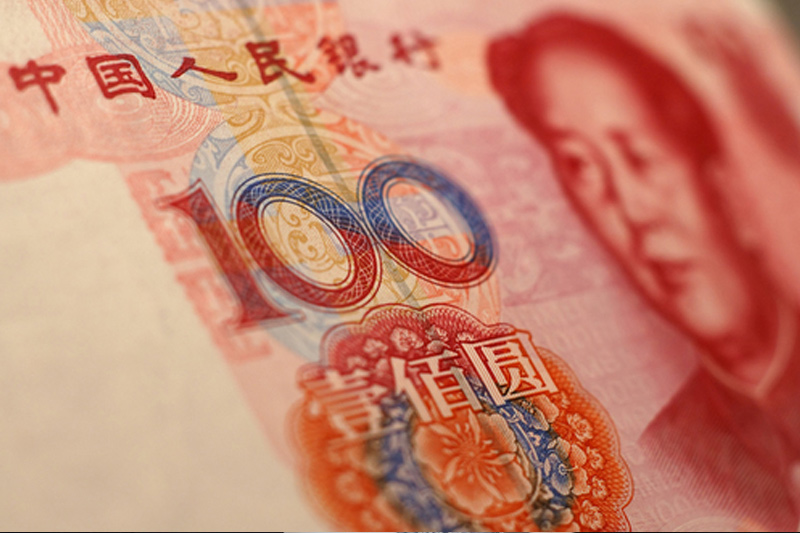By Sneha Shankar - U.S. Treasury Secretary Jacob Lew urged China Tuesday to ease its control over the exchange rate system for the yuan and reduce barriers for investments by foreign companies.
China observed recently that the country’s currency is near equilibrium, having risen nearly a third in value since its revaluation in 2005. And, after Chinese President Xi Jinping stating over the weekend that the latest trend of moderate growth in the country is the "new normal," Lew urged China to enforce intellectual property rights more strongly and expand its economy in ways that are compatible with global trade rules.
"It is important that China demonstrate a renewed commitment to move to a more market-determined exchange rate which will help provide for more balanced domestic growth and global trade, while also moving to a more transparent exchange rate policy," Lew said, before a meeting with Chinese vice premier Wang Yang in Beijing, according to Yonhap, a local news agency.
Lew, who is on a three-day visit to China ahead of an economic summit between the two countries, also met Chinese Premier Li Keqiang Tuesday even as the U.S. government announced that the next meeting of its Strategic and Economic Dialogue, which is scheduled for July in Beijing, will be led by Lew and Secretary of State John Kerry.
"As China's economy continues to grow, it is important that China do so in a way that is fair, balanced, and consistent with international trade rules. This includes opening up China's market to foreign investment, ensuring a level playing field for all firms, strengthening enforcement of intellectual property rights, and protecting against trade secret theft," Lew added, according to Yonhap.
The yuan has fallen nearly 3 percent since the beginning of 2014 and fell further earlier on Tuesday to 6.2392 to a dollar as the Chinese central bank set the reference rate at 6.1636, according to the Wall Street Journal, but U.S. manufacturers have repeatedly complained that Beijing holds down the value of the yuan to provide an unfair trade advantage to Chinese exporters.

"Two factors still support slight yuan rises. One is that China still has a relatively big trade surplus, second is China wants to push forward yuan internationalization, " Zhou Hao, China economist at ANZ in Shanghai, said according to Reuters.
Zhang Yongjun, a senior economist at China Centre for International Economic Exchanges, said, according to Reuters: "They (U.S. officials) may be worried about recent yuan depreciation, but why cannot we allow the yuan to depreciate a bit given that there have been ups and downs in the U.S. dollar?"
